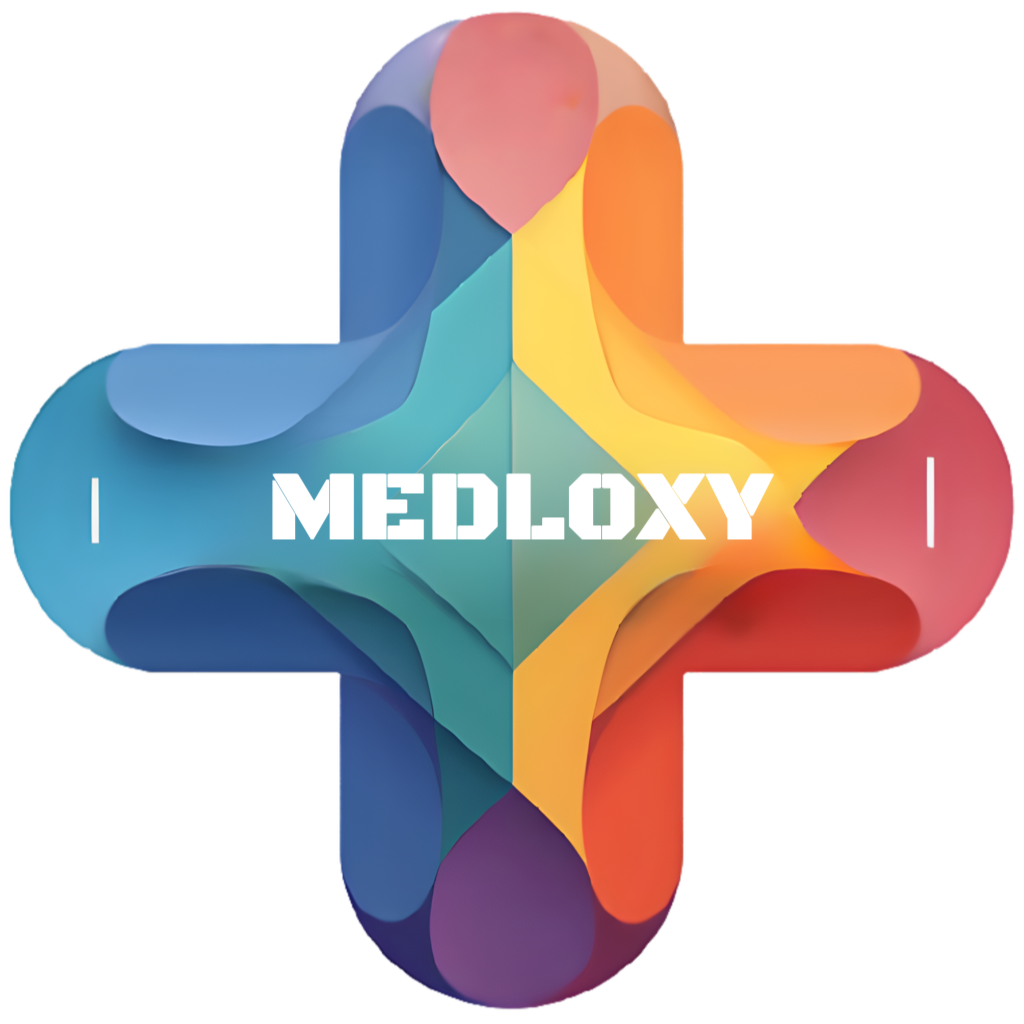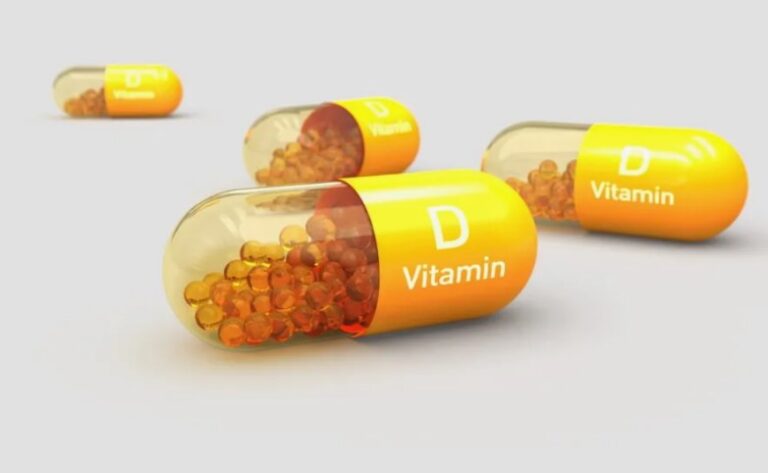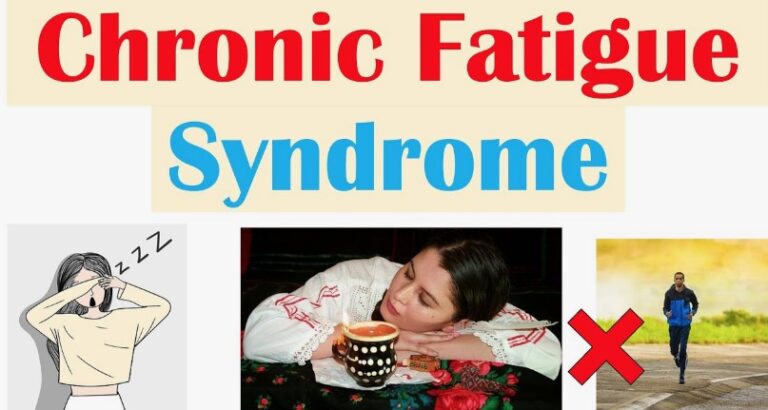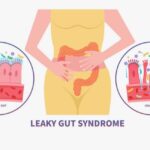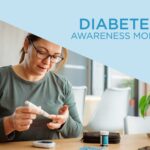Eating for Energy Recovery|| The best foods, supplements, and eating strategies for chronic fatigue recovery. Learn how to optimize mitochondrial function, reduce inflammation, and rebuild energy through targeted nutrition.
Why Nutrition Matters in Chronic Fatigue
Chronic fatigue isn’t just about being tired—it’s a systemic energy crisis at the cellular level. Emerging research shows that mitochondrial dysfunction, gut imbalances, and chronic inflammation are key drivers, all of which can be significantly influenced by diet.
Unlike generic “eat healthy” advice, this guide focuses on specific, science-backed nutritional strategies that:
✔ Repair mitochondrial damage (the energy factories in your cells)
✔ Reduce neuroinflammation (a major fatigue amplifier)
✔ Support detox pathways (many fatigue patients have impaired detox)
✔ Rebuild gut health (70% of immune function starts here)
Let’s dive into the best (and worst) foods, supplements, and meal timing strategies for chronic fatigue recovery. Read More>>>>>
The Chronic Fatigue Diet—What to Eat (and Avoid)
✅ Best Foods for Energy Recovery
1. Mitochondria-Boosting Foods
- Wild-caught salmon (rich in omega-3s DHA/EPA)
- Pasture-raised eggs (choline + B vitamins for energy metabolism)
- Grass-fed organ meats (liver = nature’s multivitamin)
- Leafy greens (magnesium + folate for ATP production)
2. Anti-Inflammatory Superfoods
- Berries (polyphenols reduce oxidative stress)
- Turmeric + black pepper (curcumin lowers IL-6, a fatigue-linked cytokine)
- Extra virgin olive oil (oleocanthal mimics ibuprofen’s anti-inflammatory effects)
3. Gut-Healing Foods
- Bone broth (glycine + collagen repair intestinal lining)
- Fermented foods (sauerkraut, kimchi—natural probiotics)
- Resistant starch (cooked & cooled potatoes, green bananas—feeds good gut bacteria)

❌ Worst Foods for Chronic Fatigue
1. Energy-Draining Foods
- Industrial seed oils (soybean, canola—promote inflammation)
- Refined sugar (spikes blood glucose, then crashes energy)
- Gluten & dairy (common triggers for fatigue patients)
2. Hidden Toxins
- Non-organic coffee (pesticides burden detox pathways)
- Conventional meat (antibiotics disrupt gut microbiome)
- Tap water contaminants (chlorine, fluoride—filter with Berkey or reverse osmosis)
Key Supplements for Chronic Fatigue
Not all supplements are equal—these have clinical evidence for fatigue recovery:
1. Mitochondrial Support
- CoQ10 (Ubiquinol form)—200-400 mg/day (improves ATP production)
- NAD+ Boosters—NR or NMN 250- mg/day (study: 31% energy improvement)
- Magnesium Malate—300-600 /day (reduces muscle fatigue)
2. Anti-Inflammatories
- Omega-3s (EPA/DHA)—2-4 /day (lowers TNF-alpha)
- Curcumin (Liposomal) – 500mg 2x/day (better absorption)
3. Gut Repair
- L-Glutamine-10 /day (heals leaky gut)
- Saccharomyces Boulardii—5B CFU/day (resets microbiome)
Meal Timing & Eating Strategies
1. Circadian Fasting
- 12-hour overnight fast (7pm-7am) – enhances cellular cleanup (autophagy)
- Largest meal at midday—when digestion is strongest
2. Macro Balancing
- 40% healthy fats (avocado, olive oil, nuts)
- 30% clean protein (wild fish, grass-fed meat)
- 30% low-glycemic carbs (sweet potatoes, quinoa)
3. Hydration Hacks
- Add electrolytes (LMNT or homemade: lemon + sea salt + potassium)
- Avoid cold drinks—room temp is easier on digestion
Sample 3-Day Meal Plan
Day 1
- Breakfast: Pasture-raised eggs + spinach cooked in ghee
- Lunch: Wild salmon + roasted Brussels sprouts + quinoa
- Dinner: Grass-fed beef stew with bone broth + carrots
Day 2
- Breakfast: Chia pudding with coconut milk + berries
- Lunch: Chicken liver pâté + sourdough + arugula salad
- Dinner: Turmeric-spiced lamb + cauliflower rice
Day 3
- Breakfast: Smoothie with collagen + almond butter + blueberries
- Lunch: Sardines + avocado + fermented veggies
- Dinner: Organic chicken + roasted beets + olive oil drizzle
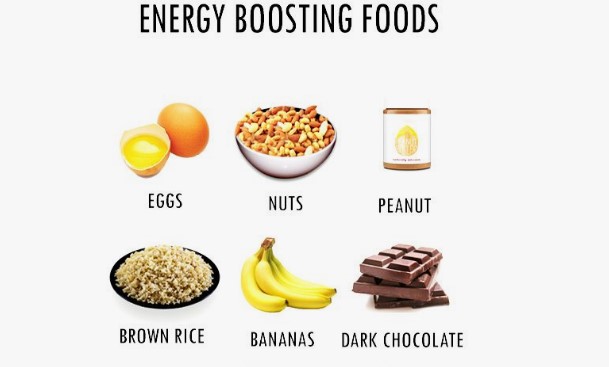
Common Nutrition Mistakes to Avoid
- Overdoing caffeine worsens adrenal fatigue
- Low-calorie dieting – starves mitochondria
- Ignoring food sensitivities—gluten and dairy are common triggers
- Not chewing thoroughly reduces nutrient absorption
Conclusion: Your Next Steps
- Start with one change—e.g., add omega-3s or remove seed oils
- Track energy levels – use a journal to spot patterns
- Work with a functional dietitian for personalized testing (Organic Acids Test, GI-MAP)
